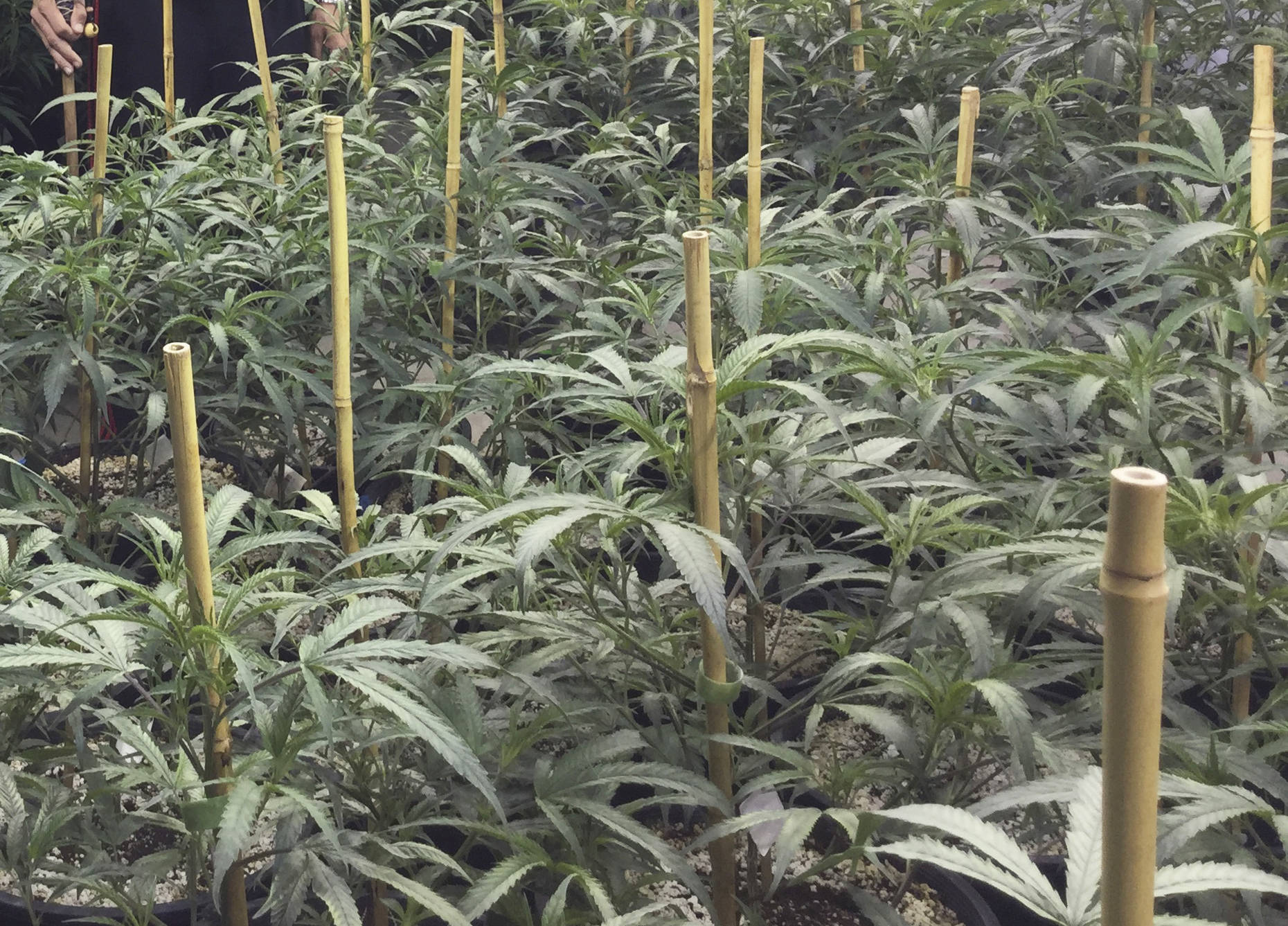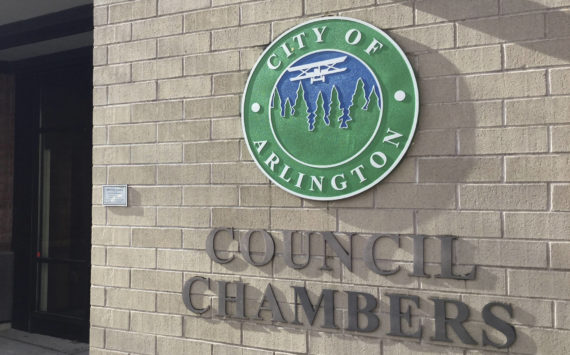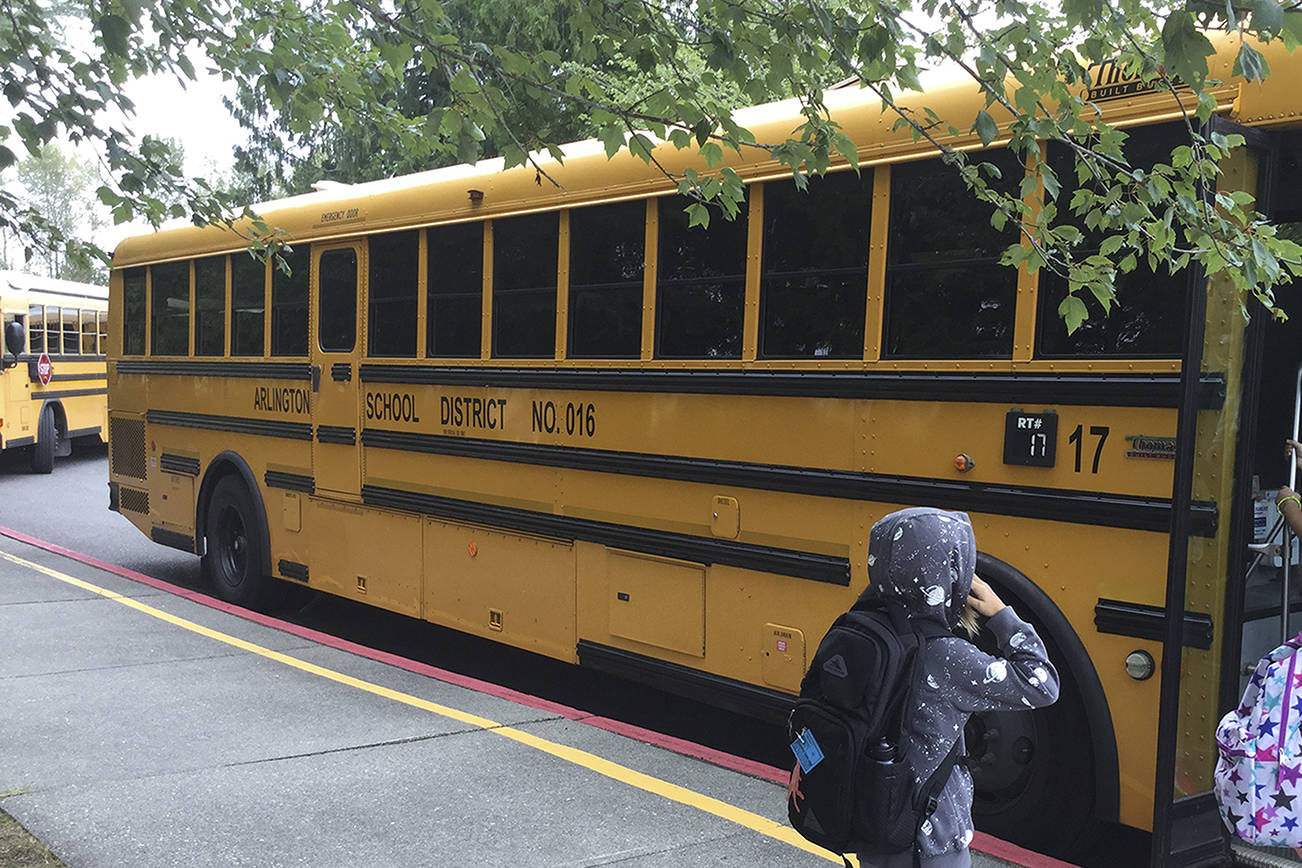Last in a series
ARLINGTON – When Washington legalized recreational marijuana about five year ago, opponents warned violent crime would increase.
Crime statistics tell a different story.
The Federal Bureau of Investigation reported that the violent crime rate per capita in the state has gone down steadily since voters legalized marijuana in 2012, from 295.6 offenses per 100,000 city inhabitants to 284.4 in 2015. Data for 2016 won’t be available until late September.
The state’s rate of violent crime is significantly lower than the national average of 372.6 per 100,000.
Arlington Police Chief Jonathan Ventura agreed violent crime has not come to fruition as legalization opponents predicted.
In 2015, police recorded 33 violent crimes – that includes murder, manslaughter, forceable rape and robbery – compared with 32 in 2012, 37 in 2013 and 34 in 2014.
Among property crimes tracked by police, including burglary, theft and motor vehicle theft, police reported 877 incidents compared with 900 in 2012, 1,124 in 2013 and 1,108 in 2014.
Ventura, who worked for the Drug Enforcement Agency assigned to the High Intensity Drug Trafficking Area division in Seatac, said while correlation does not suggest causation, the fact that crime numbers have remained steady or declined send a signal that the feared crime wave has not manifested.
Ventura added that stringent security measures required of marijuana producers and retailers by the state Liquor and Cannabis Control Board, as well as Arlington police’s ongoing participation in the Snohomish County Regional Narcotics and Property Crimes task forces, have helped put a clamp on criminal activity.
Mayor Barb Tolbert said the city’s primary concern about the upstart marijuana industry planting roots in Arlington was public safety, and city staff conducted as much research as possible despite little data.
“Within the second year, our projections were blown out of the water,” Tolbert said. The city saw no increase in the sorts of crime that fear-mongers said legalizing marijuana would create, and businesses were hiring well ahead of expectations.
Fitz Couhig, CEO of Pioneer Nuggets, a marijuana producer in Arlington, said he isn’t surprised that crime rates have barely moved. Growing up in Louisiana with a clean record and no hints that he would one day run his own marijuana operation in the Pacific Northwest, he saw at an early age the bad rap that marijuana was getting when lumped in with alcohol and hardcore drugs as fueling violence.
“We drink the beer, and my two best friends end up punching each other in the face; we smoke the weed, and we end up arguing over who gets the last Dorito,” he said.
Couhig said his operation is a fortress in the Arlington Advanced Manufacturing Park, the equivalent of a gated community, with an excellent surveillance system and two steel doors to reach any actual crop.
“Stealing (plants or product) would be the stupidest thing you can do,” he said.
Couhig and Brian Lade, president of Smokey Point Productions, another marijuana producer in Arlington, both said that they respect the work that police are doing with an understaffed force. They are also frustrated that more tax revenue held onto by the state isn’t returning back to the community that embraced their business to bolster law enforcement and social service funding needs.
The opioid epidemic is rampant in Arlington-Smokey Point. Like many locals, Lade sees the addicts when he’s on his drive to the office in the morning and when he leaves at night; it wasn’t as bad when he opened for business.
“Arlington is a great city, and I want to help with the drug addiction here; I’m coming from a place of compassion,” he said. If it were up to him, he would hand every opiate addict a bag of weed for free – but that wouldn’t go over well at City Hall.
Couhig recognizes that police are underfunded for the effort they are expending on opioid-related crime and “just to combat social issues that don’t have super-negative impacts on people every day. For ‘dopeheads,’ the worst they do is petty theft. They just steal stuff. When it’s methamphetamine, the knives come out.”
Lade, Courig and others in the local marijuana industry formed the Arlington Cannabis Coalition to be a voice for their industry, and are determined to help police and the community deal with drug abuse and social service needs using their own available resources and people. That means community service projects and fundraising support, where permissable.
“Cannabis companies are perfectly positioned to be able to help, and a town of this size, I think it’s possible to really make a change,” Lade said.
Ventura said it’s uncommon for police to talk with marijuana producers from a business perspective, but he has been pleasantly surprised with the professionalism of the industry leaders in Arlington.
“They appear to be trying to play by the rules and establish their legitamacy, and they seem to be doing everything the right way, like paying taxes and making themselves part of the community,” the chief said. “But the black market is still there, and it’s strong.”







